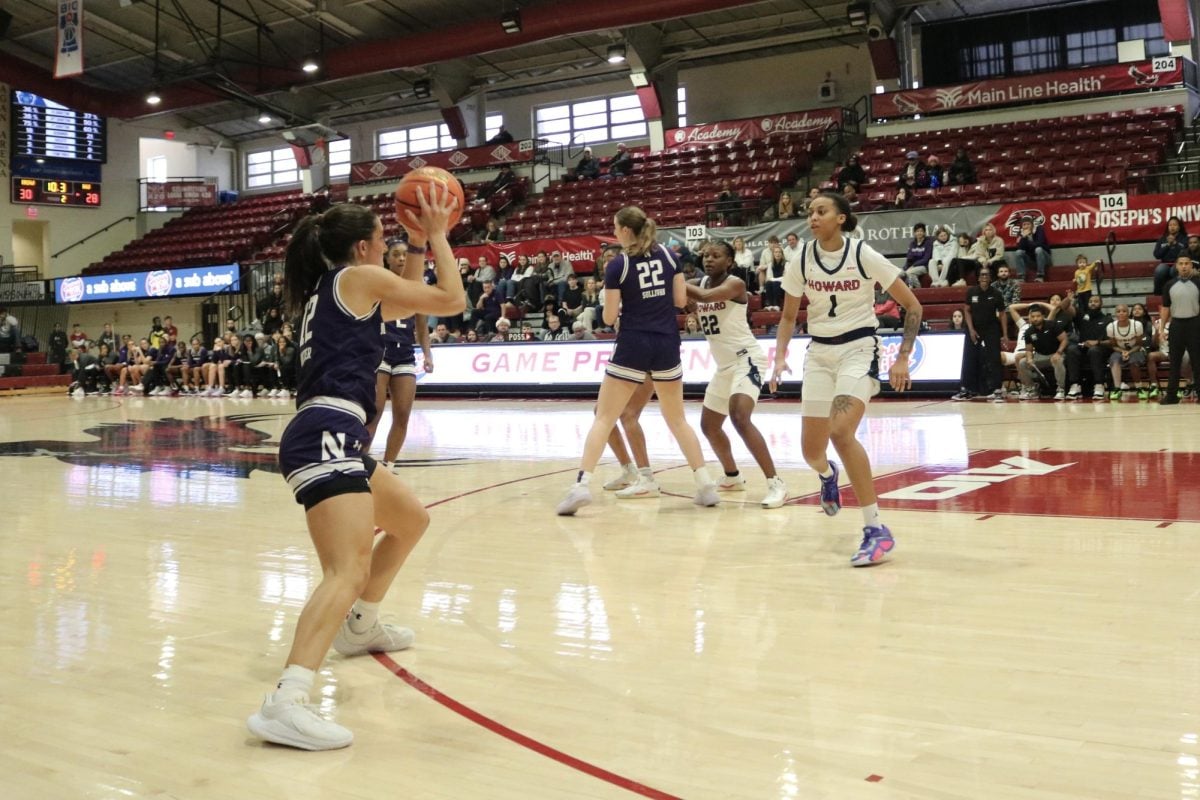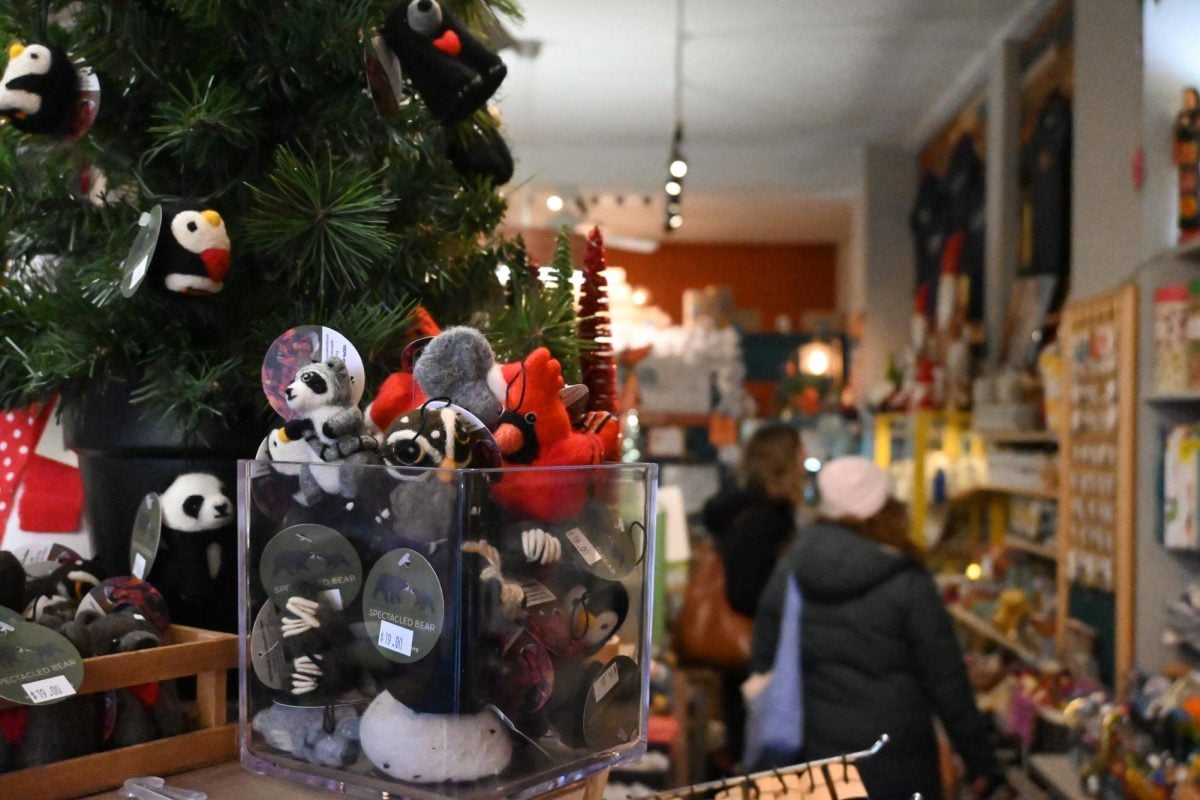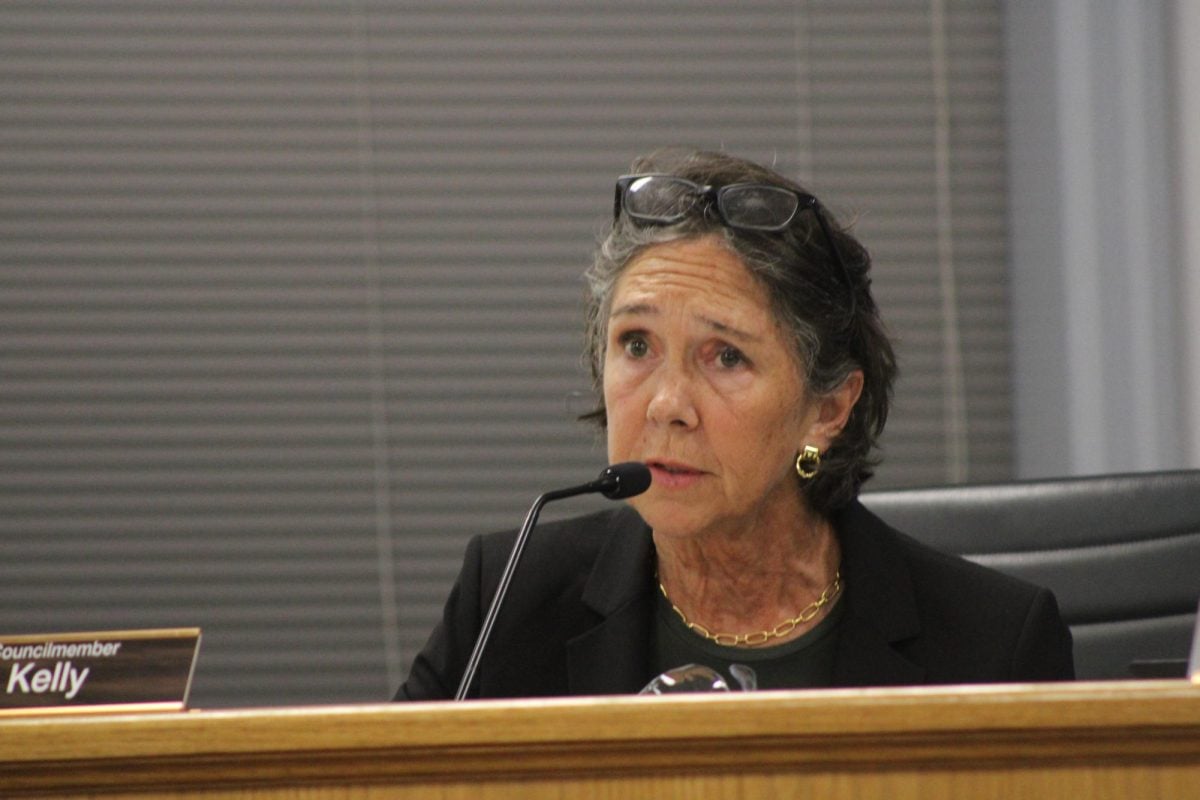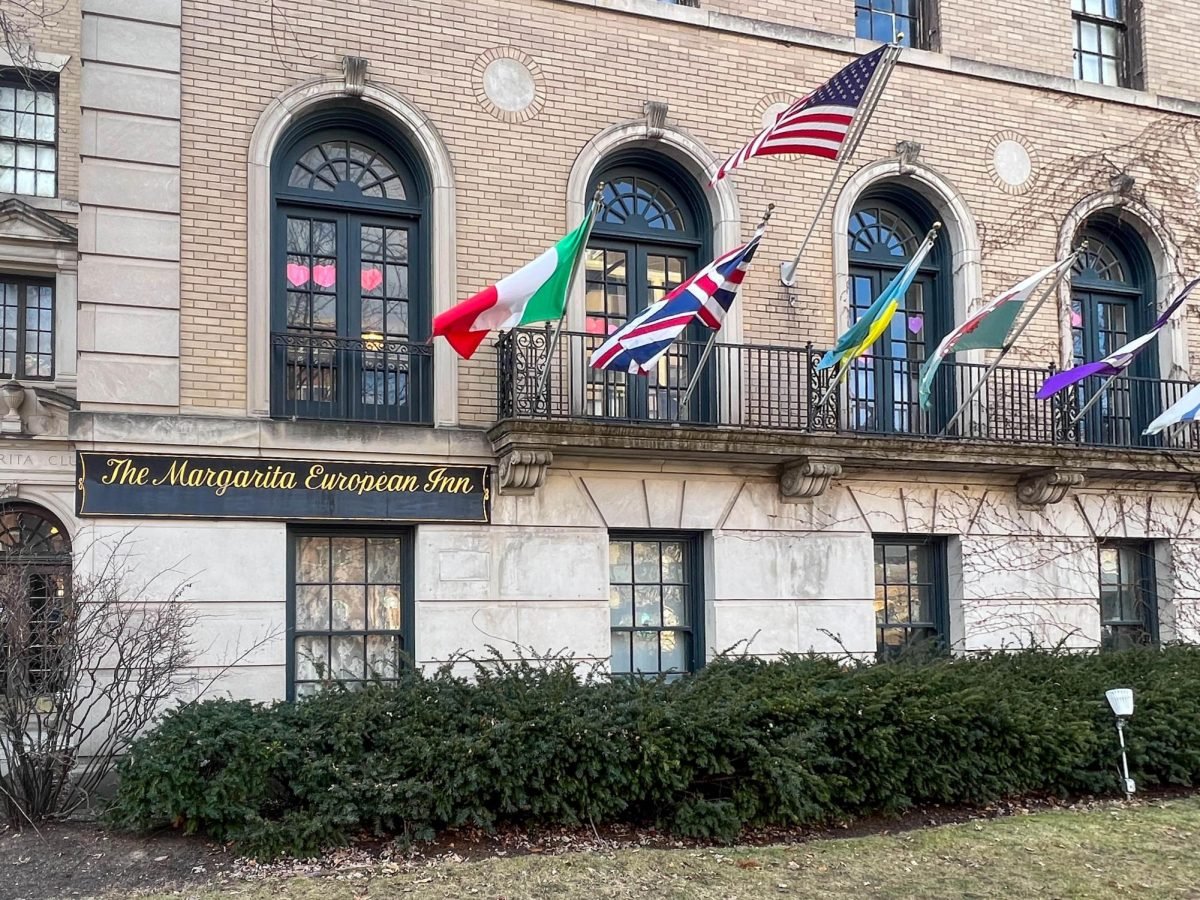Evanston resident Elizabeth Jimenez sells tamales on a street in Chicago.
Her business, she said, is important to her for various reasons.
“It’s a way to connect with the taste and (my) culture,” Jimenez said in Spanish.
Jimenez’s daughter, Angelly Andrade, said the Andrade family has always been part of the food industry. Andrade’s grandparents had a tamales cart in Rogers Park until her grandfather passed away in 2021 from COVID-19.
However, she said, Jimenez has been in search of community resources to help her further her family’s tradition of sharing food.
“It’s not just tamales,” Andrade said. “She’s trying to branch out with flavors.”
Evanston Latinos plans to start a community kitchen in June 2024 to help local entrepreneurs like Jimenez cook and sell their food on a larger scale, according to Rebeca Mendozá, the organization’s executive director.
Evanston Latinos was founded to help the city’s Latine community respond to and recover from challenges brought on by the COVID-19 pandemic. Now, Mendozá says the organization has shifted to helping provide ongoing support to the community.
Evanston Latinos recently surveyed residents about what projects they wanted to see from the organization, and several respondents said they wanted a kitchen. Mendozá said the kitchen is meant to be “an affordable community space” for entrepreneurs who want to expand their work in the food industry.
“They wanted us to invest in them and the livelihoods of their families, so we’re looking to support that,” Stephanie Mendoza, the president of Evanston Latinos and Evanston’s city clerk, said.
Evanston Latinos held a course to help people interested in using the community kitchen earn their food handler licenses in early November.
Though many logistics of the kitchen are still in the works, the organization knows the impact they’re hoping to achieve through the project. Evanston Latinos Board Member Nancy Castillo said access to a commercial kitchen will help local entrepreneurs showcase their “untapped skills” to the community.
While business owners often face challenges, such as the lack of a social network and access to getting loans, Castillo said she hopes the kitchen will help lower these barriers.
“It’s a pathway to create economic self-sufficiency,” Castillo said.
Stephanie Mendoza said she hopes the kitchen will give food entrepreneurs a place to cook without having to cross bureaucratic hurdles like food safety compliance and other permits.
In the long run, she believes the kitchen will help local businesses provide Evanston residents with an “authentic palette” without having to travel beyond the city’s borders.
“Our food is what brings us together. It’s a culture,” Stephanie Mendoza said. “There’s kind of this longing. Just being able to taste something that takes you back home is so special.”
She also said she hopes to expand education initiatives through the kitchen. Some community members interested in the kitchen have already hosted tamale-making classes. Stephanie Mendoza said she hopes this continues when the kitchen is complete.
As a mother raising her children in Evanston, she said there is greater potential for the kitchen to cater school events with “culturally relevant” food.
Emphasizing Hispanic culture through such efforts is especially important to Rebeca Mendozá. She feels that the Latine community is “under the radar” in Evanston. In an ideal world, she said the work Evanston Latinos does would be absorbed into broader organizations.
“It’s been really tough. I wish we didn’t have to exist,” she said.
To continue highlighting their community, along with the kitchen, Evanston Latinos hopes to open a cultural center, Rebeca Mendozá said.
While the group is still searching for a location for its kitchen, Evanston Latinos is currently raising funds for the project. They are hosting a fundraiser at the Robert Crown Community Center on Dec. 2, where each entrepreneur interested in the kitchen will have a presentation or samples of the food they plan to sell using the kitchen.
Castillo said she hopes the kitchen is the start of embedding Latine culture into the “mainstream” Evanston community.
“(The kitchen) isn’t just a thing. It’s a thing connected to other things,” she said. “If Evanston can do more of that, we can better thrive together.”
Email: [email protected]
Twitter: @anavi_52
Related Stories:
— Evanston Latinos forms to promote equity and inclusion for community
— Evanston Gift Card supports small businesses
— Evanston’s ASPA community claims voice in participatory budgeting


















